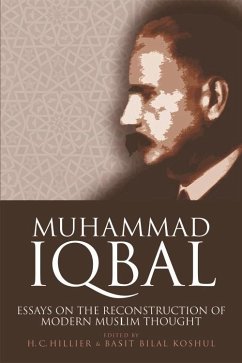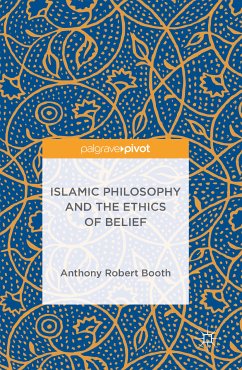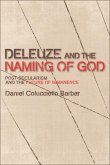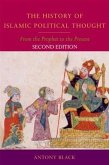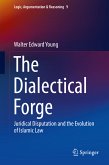There are few moments in human history where the forces of religion, culture and politics converge to produce some of the most significant philosophical ideas in the world. India in the early 20th century was one of these moments, where we saw the rise of activist-thinkers like Nehru, Jinnah and Gandhi; individuals who not only liberated human lives but their minds as well. One of most influential members of the group was the poet-philosopher Muhammad Iqbal. Commonly known as the "e;spiritual father of Pakistan"e;, the philosophical and political ideas of Iqbal not only shaped the face of Indian Muslim nationalism but also shaped the direction of modernist reformist Islam around the world. Bringing together a diverse number of prominent and emerging scholars, from backgrounds in political science, philosophy and religious studies, this book offers novel examinations of the philosophical ideas that laid at the heart of Iqbal's own As such, by producing new developments in research on Iqbal's thought from a diversity of prominent and emerging voices within American and European Islamic studies, this text will offer new and novel examinations of the ideas that lies at the heart of Iqbal's own thought: religion, science, metaphysics, nationalism and religious identity. In our text, the reader will (re)discover many new connections between the "e;Sage of the Ummah"e; to the greatest thinkers and ideas of European and Islamic philosophies.
Dieser Download kann aus rechtlichen Gründen nur mit Rechnungsadresse in A, B, BG, CY, CZ, D, DK, EW, E, FIN, F, GR, HR, H, IRL, I, LT, L, LR, M, NL, PL, P, R, S, SLO, SK ausgeliefert werden.

